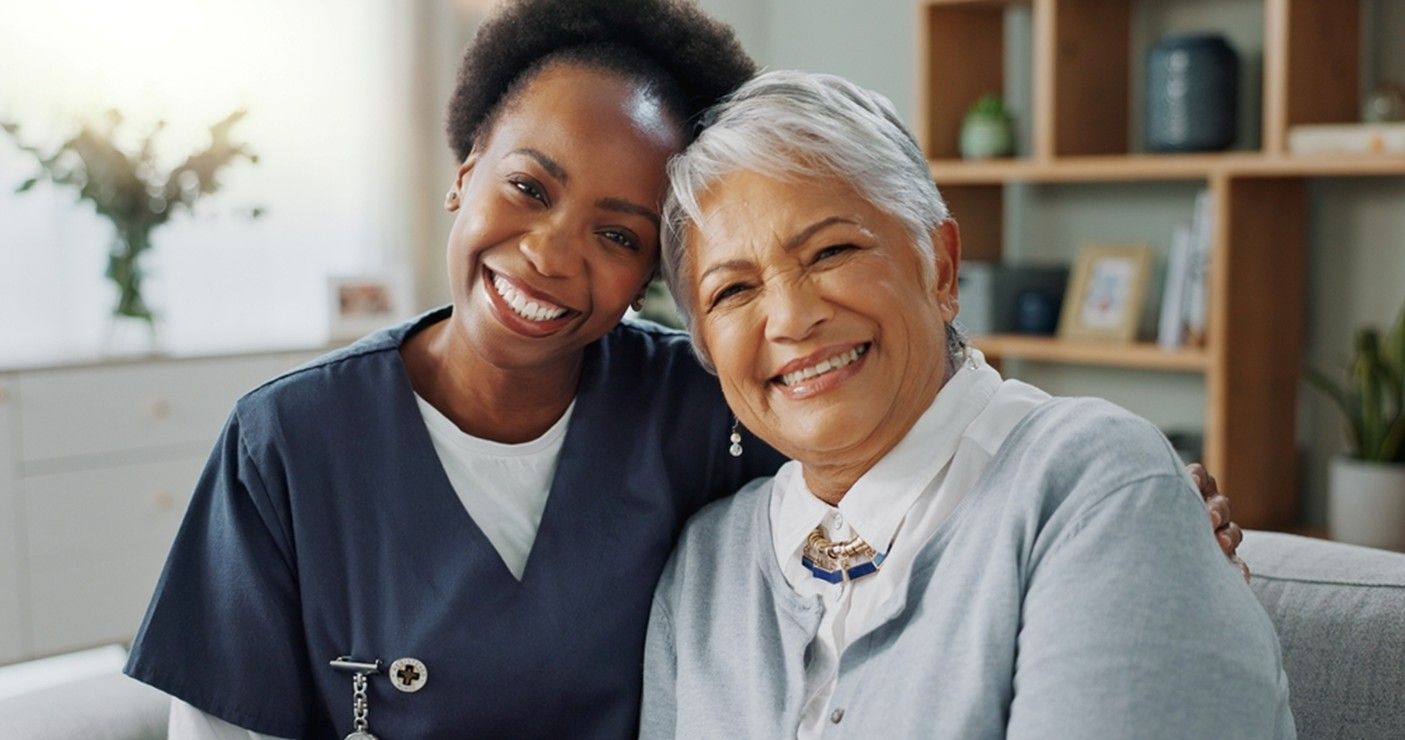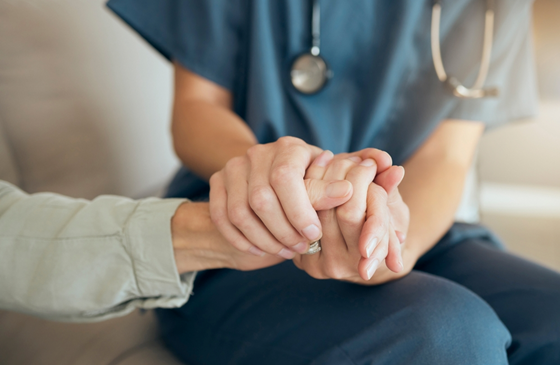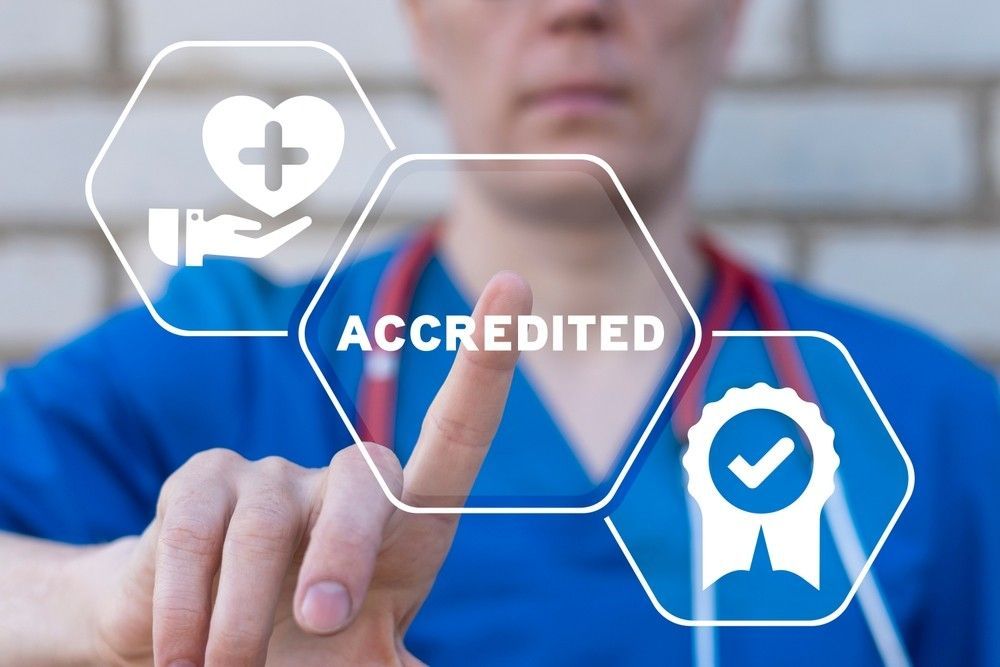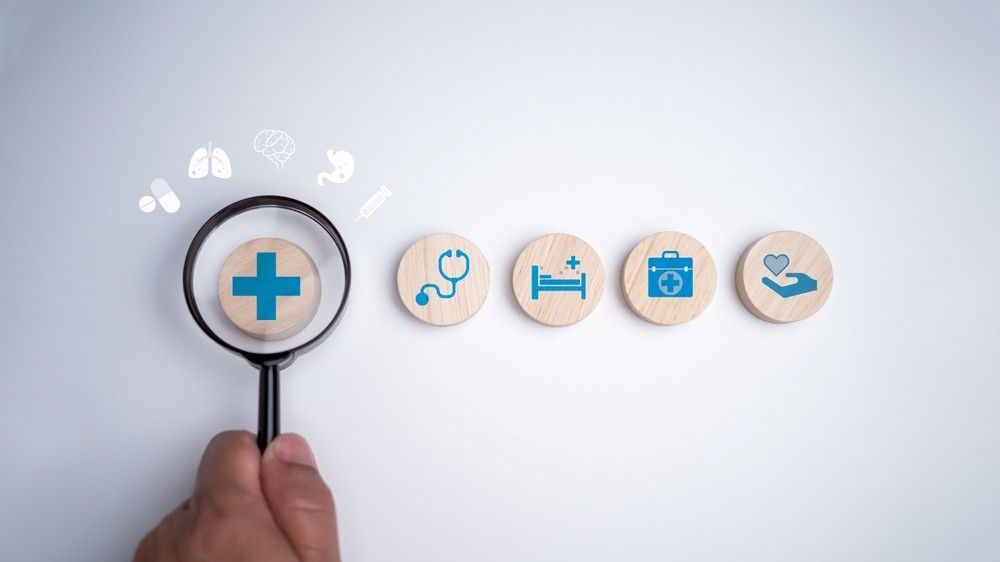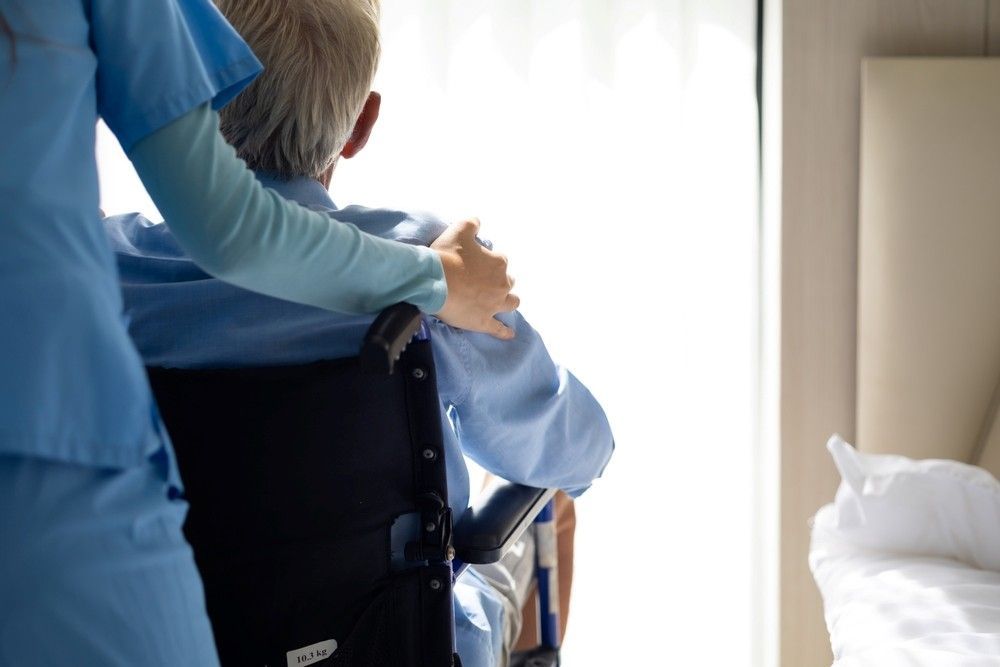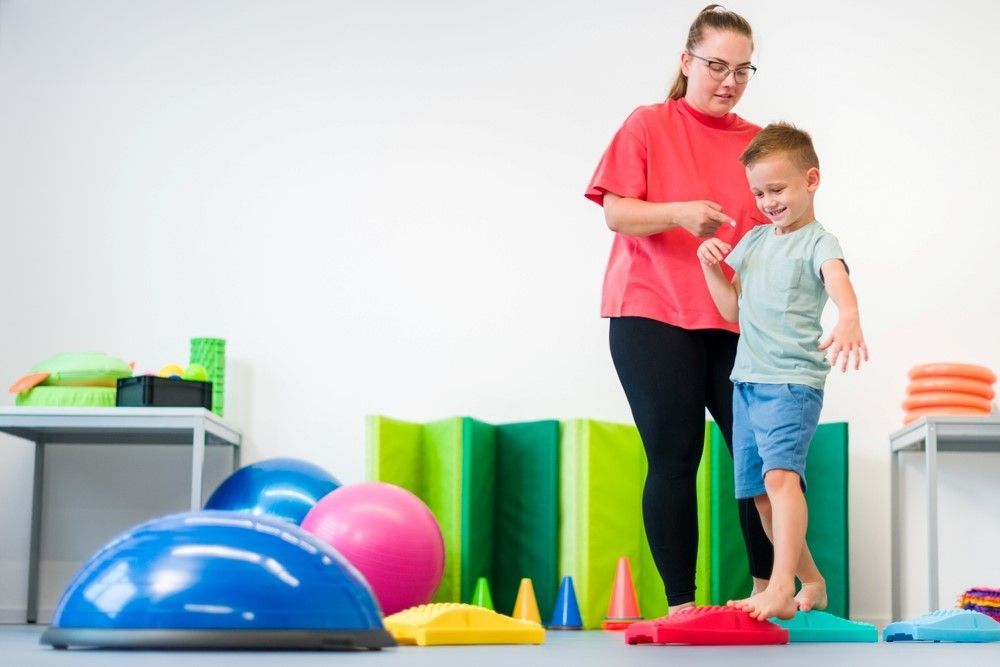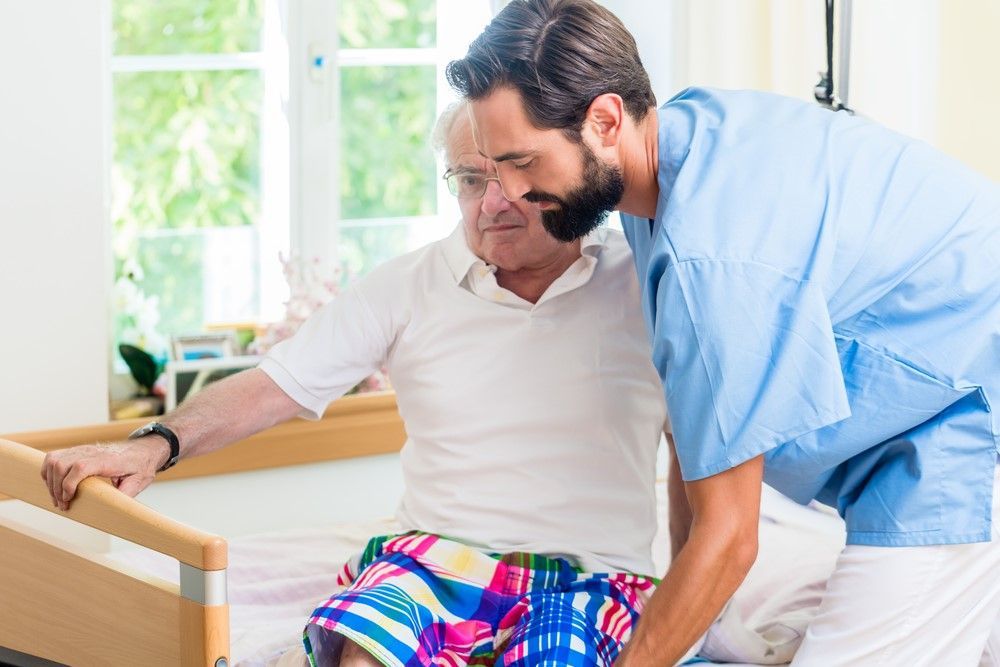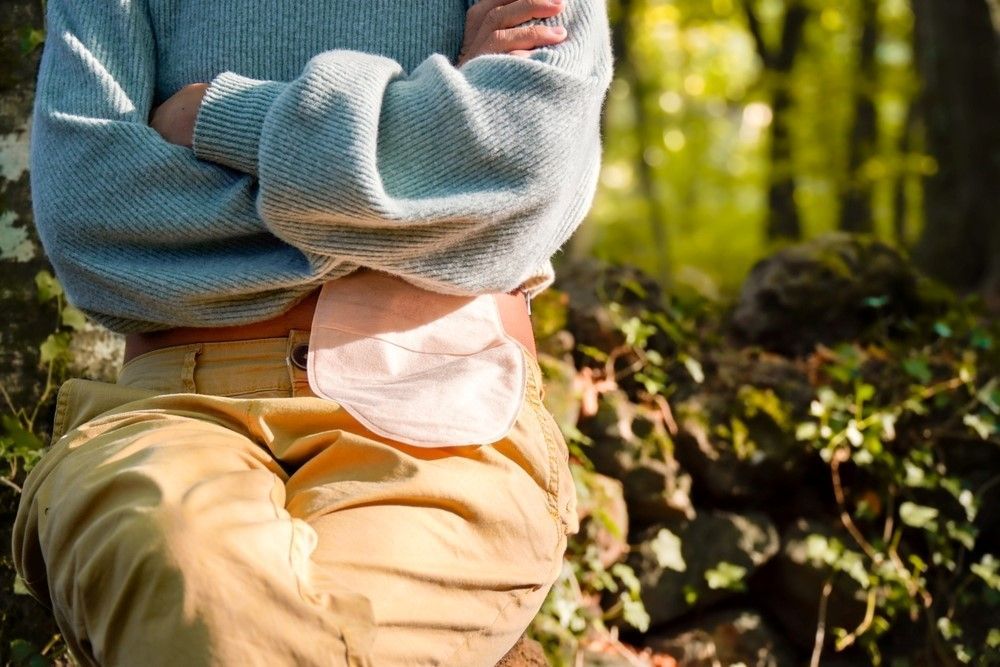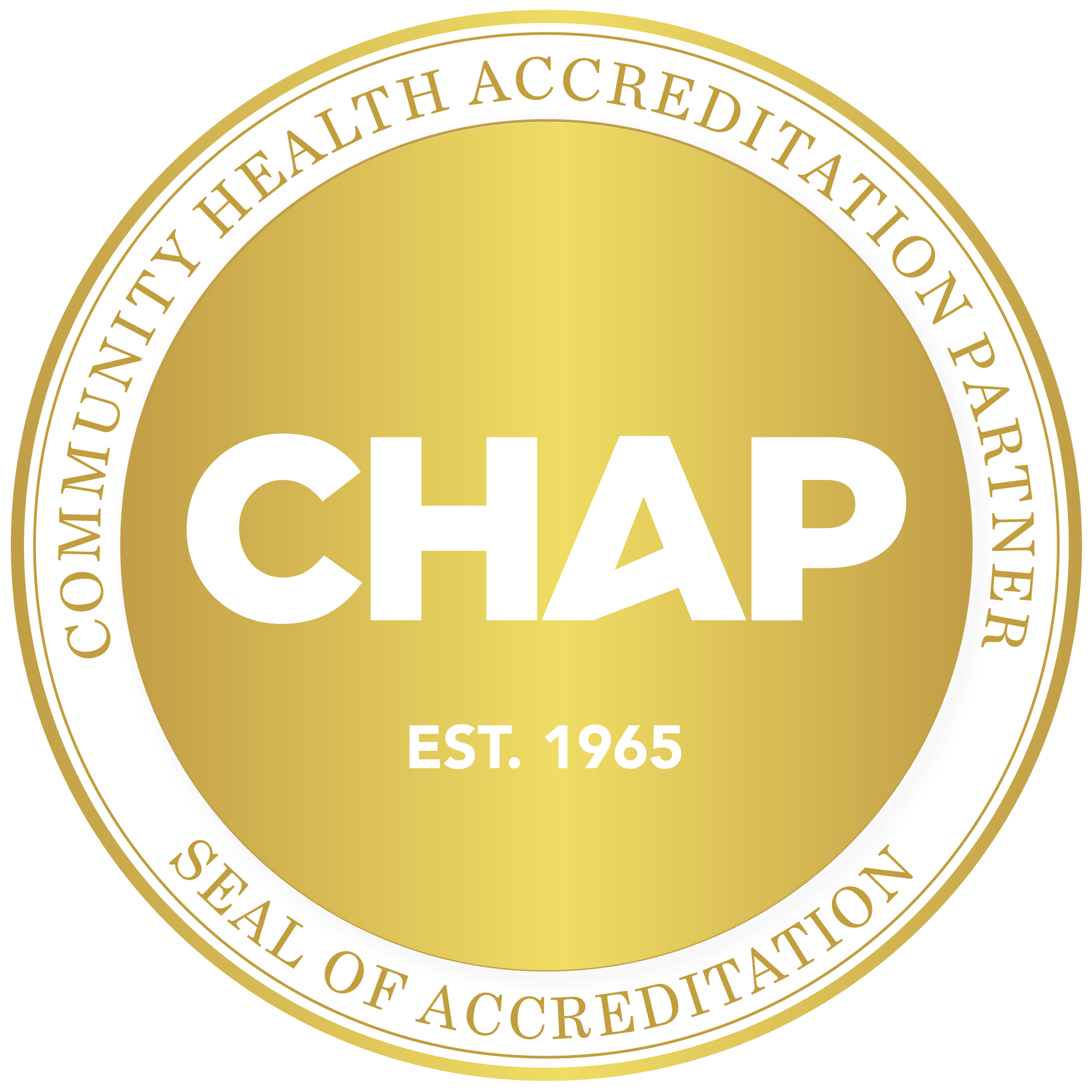Prevention and Control of Infectious Disease
Jessica Barnett • December 1, 2023
Tips to keep yourself and patients healthy
To assist preventing disease, it is crucial for caregivers at CritiCare to review basic preventive tips. You frequently have close contact with your patients or clients when working in the patient care industry. You can protect your own health as well as the health of your patients by putting the following strategies into practice.
Hand Hygiene
o According to the Centers for Disease Control and Prevention, “Handwashing is one of the best ways to protect yourself and your family from getting sick”. Regularly washing your hands throughout your workday can reduce the risk of spreading any germs and as a result preventing you from getting sick.
o They report that there are several optimal moments to remember to wash your hands, including before and after eating, before and after tending to a sick person, before and after treating a cut or wound, and after blowing your nose, coughing, or sneezing. When you are helping your patient or client in the restroom, that is another crucial moment. Make sure you wash your hands, and that the client does the same.
o If you don't have access to soap and water, you can use hand sanitizer. It's a great idea to carry one with you when visiting patients, as it makes germ killing convenient. The CDC reports that if you are working with a patient 6 years old or younger, be sure to not leave your hand sanitizer out in the open to prevent an accidental poisoning. If this ever happens contact call Poison Control, 1-800-222-1222, if you think a child has been poisoned but they are awake and alert; the center can be reached 24/7.
Personal Protective Equipment (PPE); Gloves and Medical Masks
o One piece of personal protective equipment (PPE) that our caregivers use on a regular basis is gloves. Wearing gloves while working with patients stops the spread of any germs you may encounter.
o Caregivers should always wear gloves when handling blood, bodily fluids, bodily tissues, or broken skin, advises MedlinePLus. Wearing PPE is recommended even if your client appears healthy.
o Another piece of personal protective equipment (PPE) that can help you stay safe and protected is a medical mask. At CritiCare, masks are available upon request for all of our nurses, home health aides, and personal care assistants.
o According to the CDC, masks are an essential public health tool for stopping the spread of illnesses in general and COVID-19 in particular. When providing medical care to a sick patient, they advise wearing face masks, particularly if you are immunocompromised in any way.
It's critical to understand how to properly dispose of gloves when wearing them. THE STEPS TO DO THIS ARE ABOVE.
In conclusion, learning these simple techniques can help you and your patients maintain good health all year long. You and your patients can stay safe by practicing proper hand hygiene and preparing yourself with personal protective equipment before starting work. For additional information please visit Centers for Disease Control and Prevention (cdc.gov).
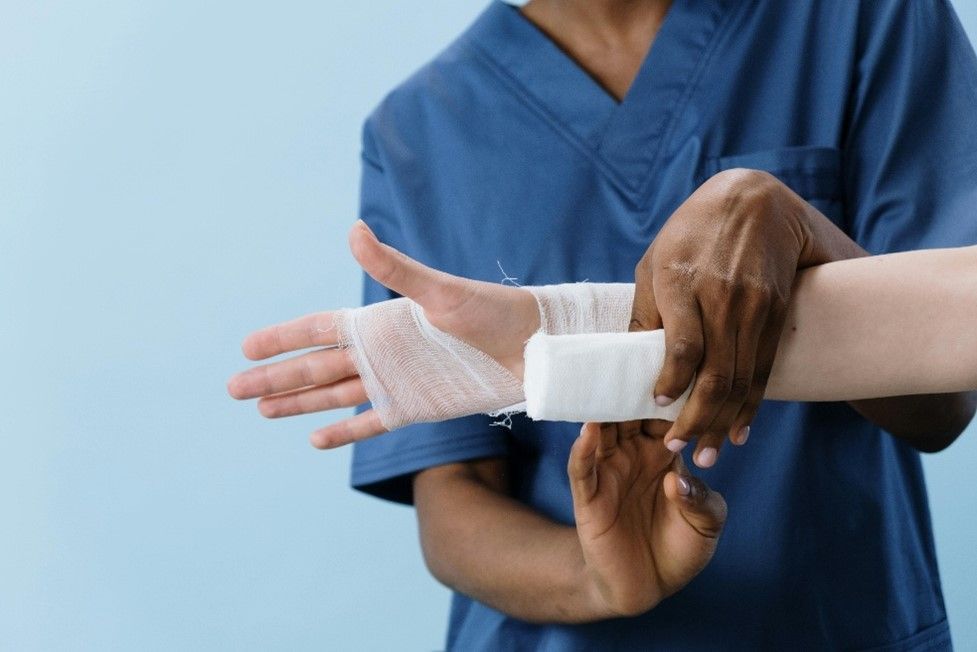
Whether it’s a surgical incision, pressure ulcer, or diabetic foot wound, proper care is essential for healing—and sometimes, that means calling in a professional. But how do you know when a wound needs more than just a bandage? Here are key signs that it’s time to involve a skilled nurse. 1. Signs of Infection If you notice any of the following, don’t wait: • Redness spreading beyond the wound • Increased pain or swelling • Warmth around the area • Yellow or green discharge • Fever or chills These symptoms may indicate infection, which can escalate quickly without proper treatment.


